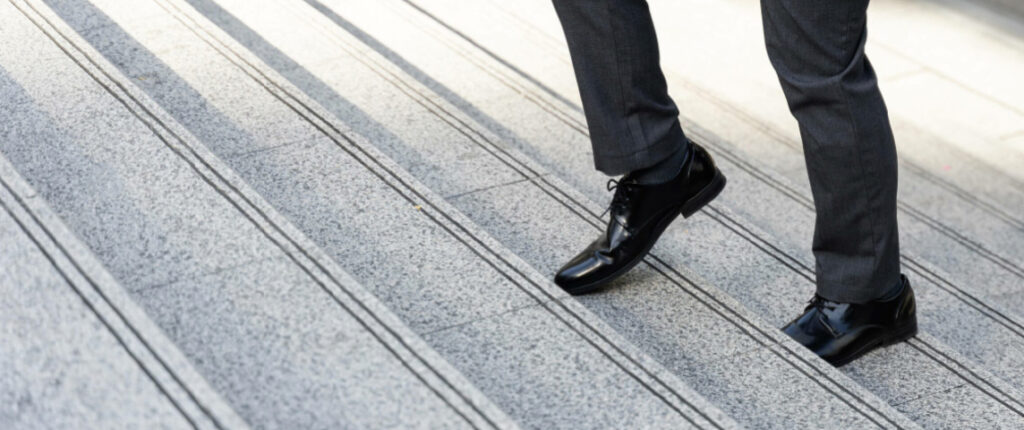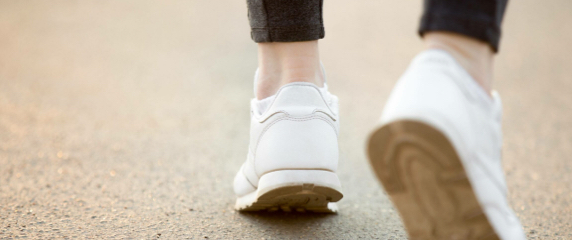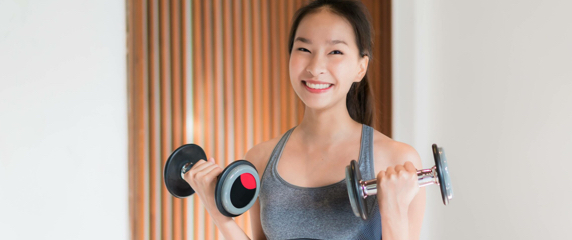
Preventing constipation
Preventing constipation
What you can do to prevent constipation
Simple changes to your diet can help to prevent constipation.20,36
It’s a good idea to get more fiber into your diet. Aim for around 30g a day. Make sure you drink plenty of water, to help keep your stools soft.
Tips to help increase your fiber intake:
- Choose wholemeal or granary bread, and wholegrains such as wholewheat pasta or wholegrain rice.
- Choose a high-fiber breakfast, such a porridge oats or wholegrain cereal.
- Include plenty of pulses in your diet, such as beans, lentils and chickpeas.
- Keep the skin on fruit and vegetables such as potatoes, apples and pears.
- Make sure you eat plenty of fresh fruit and vegetables.
- Try high-fiber snacks such as oatcakes, dried fruit, popcorn or unsalted nuts.
If you struggle to get enough fiber into your diet, you could try adding bulking agents, such as wheat bran. These will help make your stools softer and easier to pass.8
DUPHALAC® Has a prebiotic effect

Duphalac® helps to promote the growth of ‘good bacteria’ in the gut. It may also suppress the growth of ‘bad bacteria’. This can lead to an improvement in the balance of the intestinal flora.4,10
Unlike probiotics, in which ‘good bacteria’ are introduced into the gut, prebiotics promote the growth of the good bacteria that is already present in the gut by increasing their food supply.4,10
Suppressing the growth of bad bacteria can lead to many health-promoting effects4 such as improved digestion and absorption of essential nutrients such as magnesium and calcium.10
Exercise tips
Staying active will greatly reduce your risk of getting constipated. There are many other health benefits of exercise too. It can make you feel healthier and it can improve your mood, energy levels and general fitness.8
Here are some simple ways to incorporate exercise into our busy lives:37
Take the stairs
Next time you call a lift, consider taking the stairs instead. It’s a really good way to get your heart rate up and you’ll soon get into the habit of it.


Walk more
Walking is one of the easiest ways to become more active. Try to fit more walking into your daily life by reducing the number of short car journeys you take. Or try getting off the train or bus one stop early. Why not make the time for a longer walk or hike at weekends?
Try cycling
It’s one of the easiest ways to fit exercise into your day and it can be a quick way to get around. Whether you’re cycling to work, school, or the shops, it can be fun! Plus, it can save you money on petrol or public transport costs.


Join a gym
If you can’t afford to join a gym, there are plenty of free workout routines available online that you can do at home.